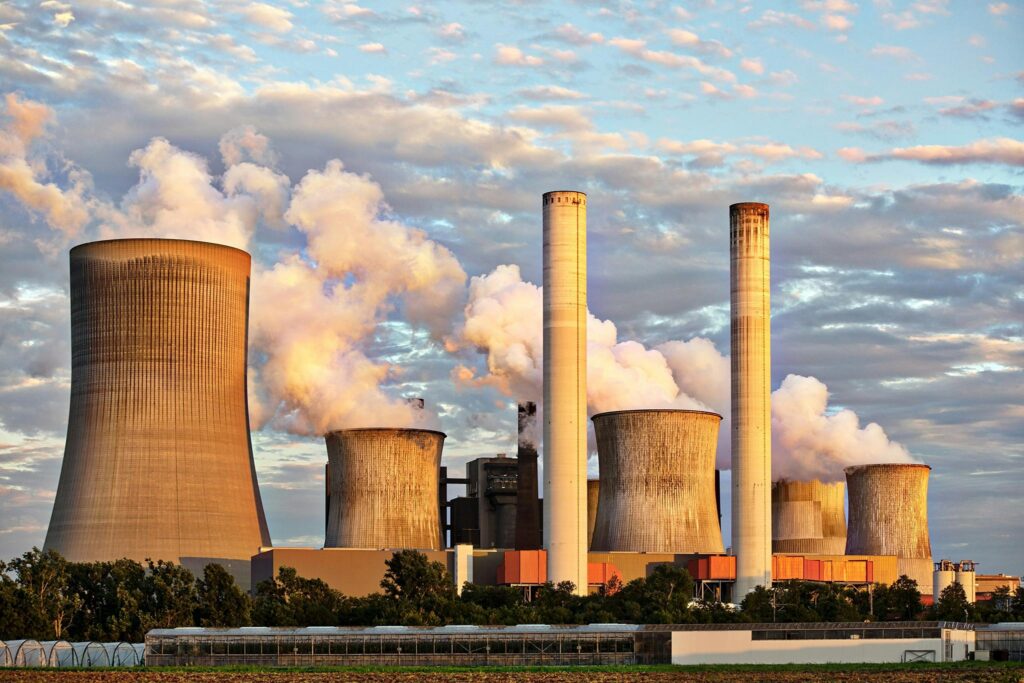- Politics
- India Nuclear Power
- By Manohar Patil
India: A Significant Nuclear Power for Energy and Security
A Growing Nuclear Energy Portfolio
India recognizes nuclear energy as a crucial component of its energy mix, essential for meeting its increasing power demands and achieving its climate change objectives. The nation has made considerable strides in expanding its nuclear power generation capacity.
Installed Capacity and Future Plans:
As of April 2025, India operates 25 nuclear reactors across 8 power plants, with a total installed capacity of 8,880 MW, ranking nuclear power as the fifth-largest electricity source in the country. The government has set ambitious targets to significantly scale up nuclear power generation, aiming for 22,480 MW by 2031-32 and a long-term vision of reaching 100 GW by 2047. This expansion involves the development of indigenous reactor technologies, including Pressurized Heavy Water Reactors (PHWRs) and the promising Fast Breeder Reactor program, geared towards utilizing India’s thorium reserves for long-term energy sustainability.
Indigenous Technological Advancement:
India has demonstrated self-reliance in the nuclear energy sector, having designed, constructed, and operated its own nuclear reactors.The development of the Prototype Fast Breeder Reactor at Kalpakkam marks a significant step towards utilizing India’s abundant thorium resources, ensuring a more sustainable nuclear fuel cycle.
A Responsible Nuclear Weapons State
Alongside its peaceful nuclear program, India possesses a nuclear weapons arsenal, a status it declared after conducting nuclear tests in 1998. India’s nuclear policy is characterized by responsibility and a commitment to strategic stability.
- Credible Minimum Deterrence and No First Use
- Strategic Command and Control
- Commitment to Global Non-Proliferation
Subscribe to News Letter


